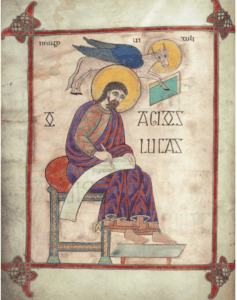 I am using the term “Luke” here advisedly, for the author of the two-volume New Testament work of Luke-Acts. See “Who Wrote the Gospel of Luke?” by Mikel C. Parsons for who the author might have been and what might be said for the tradition view of a companion of Paul named “Luke.”
I am using the term “Luke” here advisedly, for the author of the two-volume New Testament work of Luke-Acts. See “Who Wrote the Gospel of Luke?” by Mikel C. Parsons for who the author might have been and what might be said for the tradition view of a companion of Paul named “Luke.”
I wanted to pass on to you an article I published over thirty years ago–in 1993–over which I labored mightily, “Israel and the Plan of God: Luke’s Understanding of the Future.” Many of you have enrolled in my Mark course “Creating Jesus,” and I hold the view that Luke uses Mark as his main narrative source–but overwrites it–very much like a “second edition.” Unlike Matthew, whose editing of Mark is significant, but largely confined to fine points of his theology or objections he has to certain pericopes of Mark, Luke offers a massive revision of Mark, with an expanded “Q” or two-source sayings tradition he incorporated. What he does with the “Jesus Apocalypse” of Mark 13 I have commented on rather extensively, as in the recent on-line conference that Bart Ehrman sponsored (see my YouTube video “Did the Jesus Apocalypse Fail?”
However, what Luke does overall is create an entirely new vision of things that becomes the post-70 CE theology of the emerging movement he calls “Christian,” with Paul as its hero taking the “Gospel of the Kingdom of God” to all nations. I thought you all might enjoy this overview so I pulled it out of the archives for you.
I have no doubt that the author of Luke-Acts believed that the return of “the Christ–Jesus,” and the inauguration of the “times of restitution of all things spoken by the Prophets” (Acts 3:21) was near at hand–however, the vision he creates was one that could easily be stretched to endure the ages–as it has done. It was essentially incorporated by Eusebius of Caesarea in his Church History–and became the standard “Master Narrative” of what Robert Wilken called the “myth of Christian Beginnings” for all time to come. If you have not read his classic book, The Myth of Christian Beginnings. I highly recommend it.

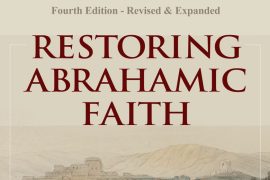
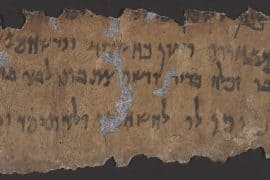

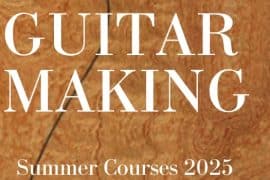

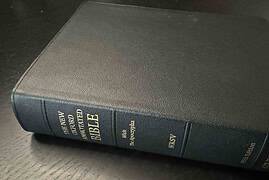

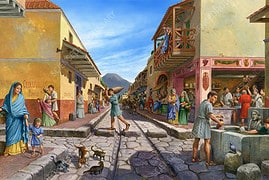
Comments are closed.